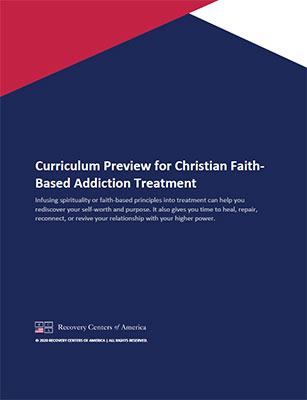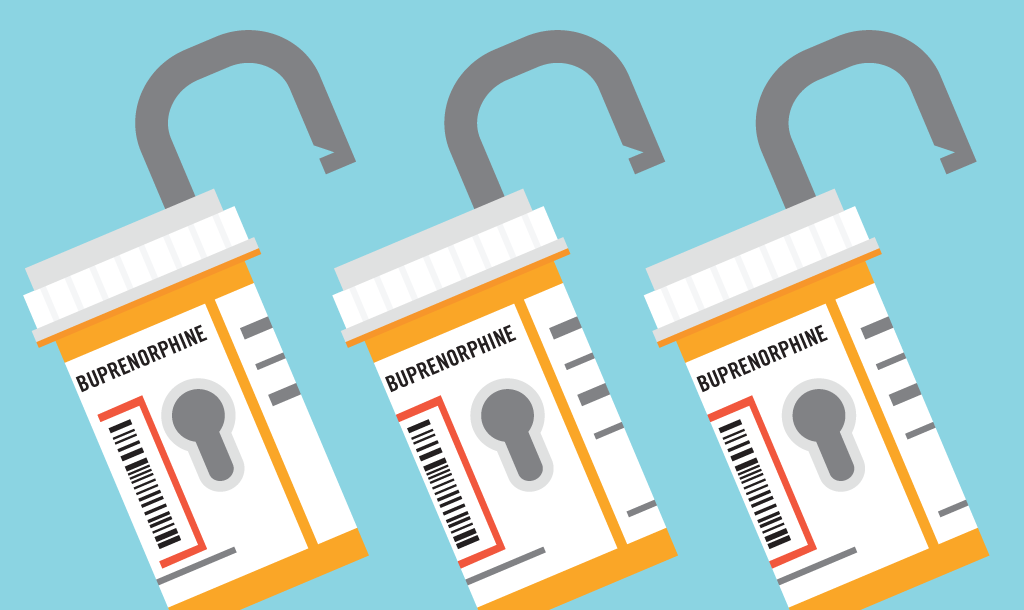Table of ContentsThe Definitive Guide for Alcohol Addiction And Abuse: Learn About Alcoholism ...Some Known Questions About What Is Alcohol Abuse? Risk Factors For Alcohol Dependence.Alcohol Addiction: Signs, Complications, And Recovery for DummiesIndicators on Alcohol Addiction - Reachout Australia You Should KnowHow Alcohol Addiction And Abuse: Learn About Alcoholism ... can Save You Time, Stress, and Money.
Even a single night out drinking can have serious cardiovascular ramifications-- affecting the heart rate, causing disturbances in heart rhythm, elevating high blood pressure and increasing the risk of suffering a stroke. The long-lasting impacts of alcohol on the heart aren't great, either. Lots of chronic alcoholics develop a condition referred to as alcoholic cardiomyopathy-- in layperson's terms, a huge floppy heart that doesn't do its job of pumping blood efficiently through the body.
Heavy alcohol use, even if its just the periodic binge, can lead to an episode of pancreatitis, which is an unsafe inflammatory procedure in the pancreas that can cause the spilling of pancreatic enzymes into the abdominal cavity and a subsequent phenomenon referred to as 'auto-digestion'. Those suffering from pancreatitis typically experience unbearable discomfort, and typically require emerging treatment.

Persistent myalgia or muscle pains. Chronic intestinal disturbances causing frequent queasiness, throwing up and stomach discomfort. Vertigo and syncope-- i.e., dizziness and fainting. Persistent tremors and long-term loss of great motor coordination. After extended time periods with heavy usage, character changes might manifest. You might observe: Increased propensity toward aggression.
Unprompted state of mind swings. In time, tolerance to alcohol develops, whereupon the user will require increasingly more alcohol to attain wanted results. As the drinker attempts to make up for tolerance, the amount of alcohol consumed may steadily increase. The drinker may not even understand the upward trend but, in doing so, considerably increases their danger of alcohol poisoning and death.
Getting The The Effects Of Alcohol Abuse & Addiction - Gateway Foundation To Work
The list below phases might be acknowledged:, or periodic social drinking that may progress to a perceived requirement to drink to unwind or handle demanding situations. This, in turn, may cause an increased frequency and amount of alcohol consumed. Tolerance to alcohol currently begins to develop in this early stage.
User may experience some problem remembering what happened when drinking, and some feelings of guilt around drinking. or "loss of control" over drinking. Complete signs of alcoholism appear, including rejection, interruptions in work or family life, failed attempts to get aid, and periods of both refrain from drinking and extreme drinking.
Both physical and mental health may follow a sharp decrease throughout the chronic stage. Additionally, users may experience a substantial disruption, if not an overall disintegration of social interaction and everyday routine-- often vanishing from friends and family and struggling to maintain tasks, and so on. Acute alcohol withdrawal can lead to the advancement of serious, if not lethal health issues.
Nausea and throwing up. Generalized muscular tremor. Tachycardia. Hypertension. Stress and anxiety. Agitation. Seizures. Some with a history of heavy drinking might experience the rapid advancement of a condition called delirium tremens - or the DTs - as they withdraw from the impacts of alcohol. This is an ominous turn of events, acknowledged by unmanageable shaking, high fever, cardiac arrhythmia, extensive confusion and hallucinations.
Examine This Report on What Is Alcoholism? - Learn About An Alcohol Addiction
Signs normally start as quickly as 8 hours after the last beverage, and those struggling with extreme alcoholism should prepare in advance to detox under professional medical guidance. Supervision and pharmaceutical intervention (if needed) may last for a few days, as the extreme symptoms of severe alcohol withdrawal can potentially appear somewhat later on in many cases (24-72 hours post-abstinence).
If a user is handling signs of anxiety, stress and anxiety, psychosis, or other substance abuse, treatment should concentrate on the precursors to use and think about both the psychological health/wellness and physical issues listed above. In addition to the previously mentioned physical threats, users who choose to detox from alcohol might also face a variety of psychological health developments:, users going through detox can experience hallucinations, misconceptions, anxiety, and anxiety.
All informed, the signs from withdrawal can, but normally a user will begin to feel some relief from physical signs in about 72 hours. The length of withdrawal is highly depending on how long a user was greatly drinking, and each person metabolizes alcohol in a different way. There is no other way to precisely forecast how each individual will withdrawal from alcohol, more highlighting the requirement for medical supervision on a case-by-case basis.
There are multiple methods to get help from alcoholism, including treatment, medication, and behavioral intervention. Frequently, the user is one of the last to acknowledge or recognize his/her use is an issue, typically thinking "I have this under control" (how can i help someone with alcohol addiction). Once an alcohol usage condition has actually developed, however, it can be very to give up without assistance.
An Unbiased View of What Is An Alcoholic? How To Treat Alcoholism
Alcohol Is the A Lot Of Frequently Treated Compound Ethanol (alcohol) is abused at a greater rate than any other drug amongst treatment program participants, as reported by a 2017 survey from Recovery Brands. Almost 70% of people who took the survey went to treatment to get assist with a drinking issue, and an unexpected 52.87% of those who responded reported looking for treatment for an issue with alcohol more than any other substance.
Fortunately, alcohol abuse treatment is just a call away. Speak with our recovery support experts at Who Answers? to begin working toward your healing. Medications that might assist with the treatment of alcoholic abuse and associated signs consist of: This drug blocks the body's capability to metabolize alcohol and causes an extremely undesirable reaction when both are taken in concert.
: Lowers the reward that comes from drinking by reversing the activation of opiate receptors by endorphins. Assists to restore the balance of glutamate-GABA signaling in the brain. This medication assists to decrease withdrawal signs such as sleeping disorders, stress and anxiety, and uneasyness. Any medication usage needs the supervision of a medical professional and a prescription, and it should be kept in mind that the most success is found when https://www.transformationstreatment.center/addiction/prescription-drugs/methadone-addiction/ medications are utilized in conjunction with treatment.
Some courses of domestic treatment might really begin in a medical facility setting. Users participate in a program however are enabled to reside beyond the treatment center, typically going to daily to begin and then following a tiered schedule (five days a week, 3 days a week, one day a week). Users participate in conferences as typically as required, through groups such as Alcoholics Anonymous (aa.org) Other non-12 action support system or healing programs are readily available too, consisting of SMART Healing.
All About What Is Alcoholism? Find Alcohol Addiction Treatment

A lot of recuperating alcoholics find going to support groups a long-term dedication in support of their sobriety. Al-Anon (alanon.org), a support group for families of addicts, offerings conferences in which loved ones can find help in their journey liking an addict. Regression will be a temptation for many alcohol and drug abusers.
The capability to remain sober regardless of relapse temptations is carefully associated to coping skills found out during treatment. Ongoing treatment provides the best recovery course for previous alcohol abusers, particularly when combined with support system, as discovering the assistance from others who comprehend the troubles and benefits related to healing is important to continued abstaining for numerous.
Obtained from http://www.health.harvard.edu/addiction/alcohol-abuse Mixing alcohol with medications. Recovered from http://pubs.niaaa.nih.gov/publications/Medicine/medicine.htm Alcohol withdrawal. (Revised 8 February, 2015). Retrieved from https://www.nlm.nih.gov/medlineplus/ency/article/000764.htm Myrick, H. M.D., and Anton, R. F., M.D. (1998 ). Treatment of Alcohol Withdrawal. Alcohol Health & Research World, Vol. 22, (Concern 1). Obtained from http://pubs.niaaa.nih.gov/publications/arh22-1/38-43.pdf National Institute on Alcoholic Abuse and Alcoholism.